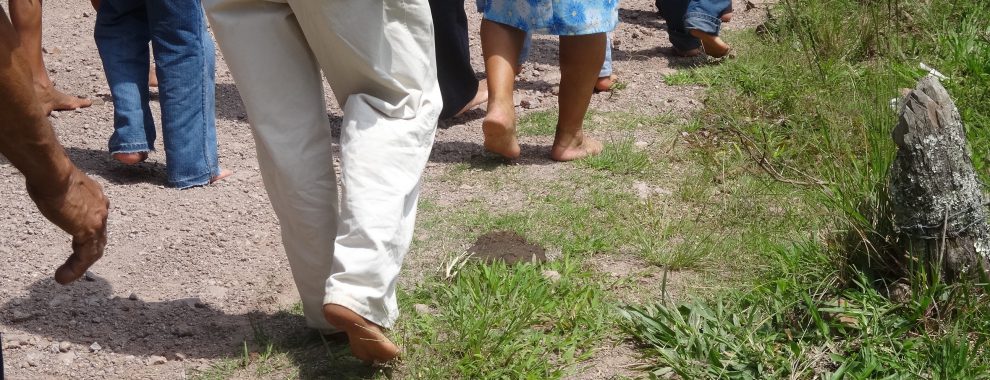When I was a campus minister and gave a talk on the work of the Church at Antioch, our major retreat for college students, I would talk about vocation and our calling to be the Church. I warned about thinking that our faith is manifested by how much time we spend in church and in church activities.
I remember students who told me of their concern that they were not doing enough for their faith, since they were not involved much in church activities. I tried to help them see that they could be living out their faith, being a faith-filled Catholic, in their daily work, in their studies, in the way they interacted with others.
How can we be active members of the Body of Christ?
In one of my last Antioch talks I said:
This does not mean, necessarily, leaving the country and being a missionary – though this is a legitimate calling. Nor does it mean, necessarily, living and working among the poor, like the Catholic Workers. Nor does it mean, necessarily, becoming a priest, a religious, or even a worker in the church. Nor does it mean, necessarily, doing a lot of things around the church.
But it does mean being the presence of Christ in the world, where we are – whether in the bedroom and the boardroom
This means that we lay people are called to do the work of the Church in the world, in our vocation.
I still hold that opinion – even though I am no longer a layperson but a deacon. Yet the permanent diaconate is, as I see it, one way of making visible the service of the person who lives and works in the world – and brings that to the table of the Lord.
Here in Honduras there is also the temptation to identify commitment to one’s faith by the level of one’s involvement in the church. I try, when preaching, to help people see that we live out our faith, leaving the altar, going out to the everyday world, and then bringing all that back to the altar. I think this is the “everyday spirituality” that Pope Francis speaks about.
With this in mind, I was heartened to read Pope Francis’ apostolic exhortation to youth, Christus vivit: Christ is alive. In paragraph 168, he wrote:
At times, seeing a world so full of violence and selfishness, young people can be tempted to withdraw into small groups, shunning the challenges and issues posed by life in society and in the larger world. They may feel that they are experiencing fraternity and love, but their small group may in fact become nothing other than an extension of their own ego. This is even more serious if they think of the lay vocation simply as a form of service inside the Church: serving as lectors, acolytes, catechists, and so forth. They forget that the lay vocation is directed above all to charity within the family and to social and political charity. It is a concrete and faith-based commitment to the building of a new society. It involves living in the midst of society and the world in order to bring the Gospel everywhere, to work for the growth of peace, harmony, justice, human rights and mercy, and thus for the extension of God’s kingdom in this world.
Will the Church be for youth a community that opens them up to their calling to be evangelizers in their daily lives, reaching out to others, especially those on the margins of society? Or will the Church be a bastion, a group enclosed within itself?
Will youth be praised only for filling roles inside the Church or will we encourage them to live their daily lives, to be involved in the nitty gritty of the world, dirtying their hands serving the poor, even standing up to the powers that be on picket lines, in demonstrations? Will the Church be a community that encourages us to be light for the world, to be leaven within the world?
This, for me, is one of the challenges of working with youth in today’s world – not only with youth, but with everyone who takes Jesus seriously.

Santa Rosa diocesan youth encounter, Copán Ruinas, May 4, 2019
Dioces






